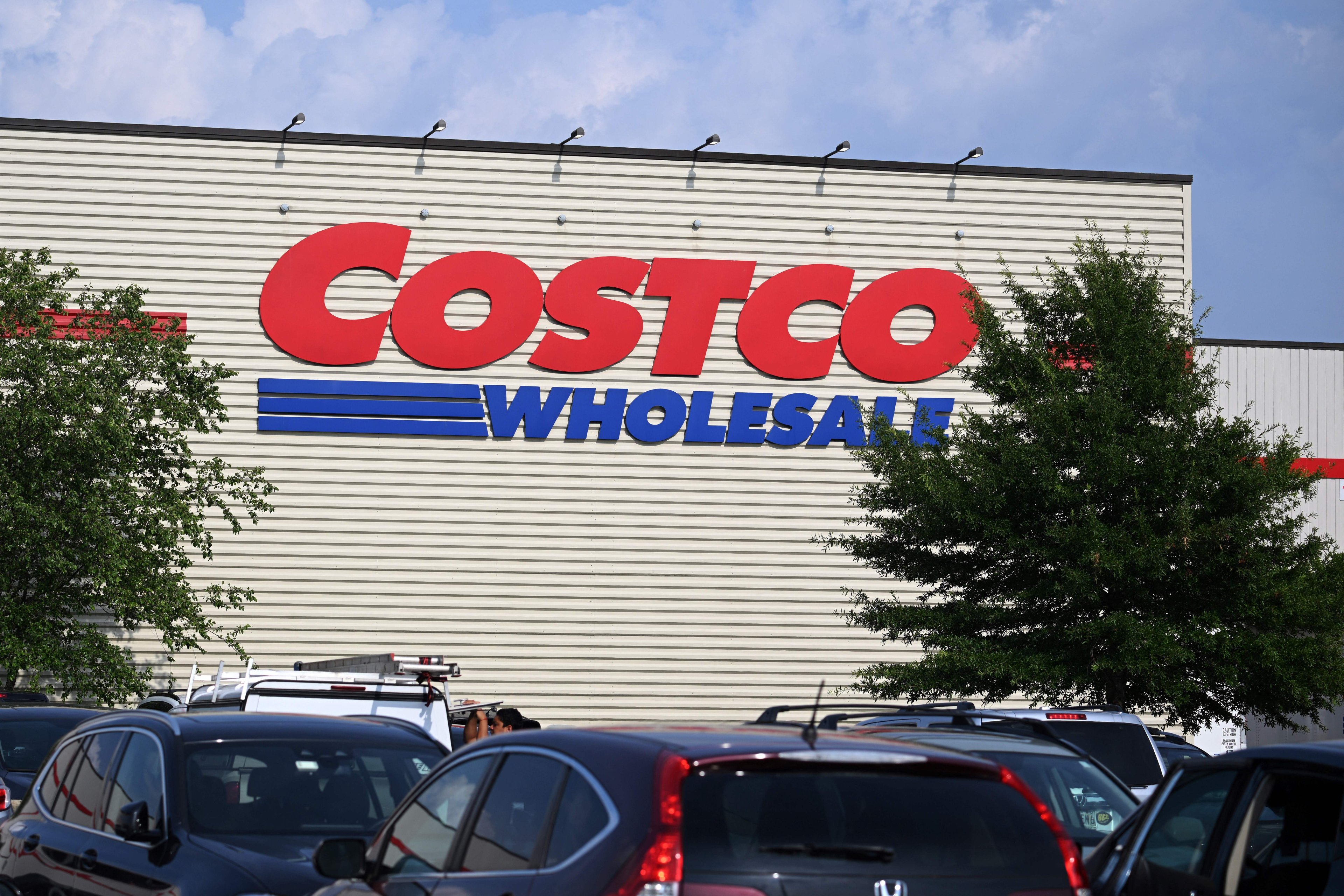Some of the most boring businesses can turn out to be fantastic investment candidates. This is exactly the case with Costco (COST +0.06%).
Including dividends, this top retail stock has produced a total return of 756% in the past decade, which means that a $10,000 initial investment would be worth nearly $86,000 today (as of May 24). This is a much better gain than either the S&P 500 or the Nasdaq Composite index.
By taking a closer look at Costco's business and stock, investors can figure out if they want to add this winner to their portfolios.
Strong fundamental gains
A stock doesn't produce the type of return that Costco has without the company reporting impressive financial results. Between fiscal 2013 and fiscal 2023, the company's total revenue increased at a compound annual rate of 8.7%. There wasn't a single yearly decline, which is a stellar track record, particularly when you think about the pandemic disrupting the economy.
This top-line growth was fueled by same-store sales gains and new membership sign-ups. Moreover, Costco has continued to open new warehouses. It currently has 877 locations across the globe, 605 of which are in the U.S. The company plans to open 28 net new stores in the current fiscal year.
Due to ongoing operating leverage, net income has risen at a faster pace than revenue. Unsurprisingly, Costco has meaningful fixed costs. As it has been able to boost the sales volume for each store, thanks to rapid inventory turnover, the bottom line has seen improvements over time.
Between fiscal 2023 and fiscal 2026, the consensus analyst estimates calls for revenue and earnings per share to increase at compound annual rates of 6.2% and 10.8%, respectively.

NASDAQ: COST
Key Data Points
Scale as a competitive advantage
Costco is a giant in the retail sector. This position isn't going away anytime soon because the business possesses a powerful advantage that stems from its tremendous scale.
In the most recent fiscal quarter (ended Feb. 18), Costco raked in $57 billion in merchandise sales. Couple this huge revenue base with the fact that the business focuses on a smaller number of stock-keeping units, and you can easily understand how Costco has incredible buying power and negotiating leverage with its supplier base.
The result is favorable pricing on the merchandise that it acquires. In turn, this means consistently low prices for consumers. As these customers spend more at Costco -- and continue to renew their memberships -- it further reinforces that scale advantage.
What stands out is just how well the business has performed in the face of the rise of online shopping. Shoppers clearly understand the value proposition Costco provides. And this leads to membership growth and customer loyalty. This situation makes things extremely difficult for smaller retailers looking to steal customer wallet share.
Wait for a sale
Based on Costco's impressive past performance, one could argue that the stock has always been undervalued, as it continues to reward its long-term shareholders. For example, even if you had purchased shares at a price-to-earnings (P/E) ratio of 32 in May 2019, which certainly looked expensive at the time, you would have benefited from a huge gain in the subsequent five years.
But I think things are way too overpriced right now. The stock goes for a nosebleed P/E multiple of 53. This is about as expensive a valuation as Costco has traded for in the last 25 years.
If someone bought shares today, they'd implicitly be expecting the company's growth to pick up in the years ahead. Based on its massive scale, that just doesn't seem like a plausible outcome. Consequently, investors should wait patiently from the sidelines until a more attractive buying opportunity presents itself.





